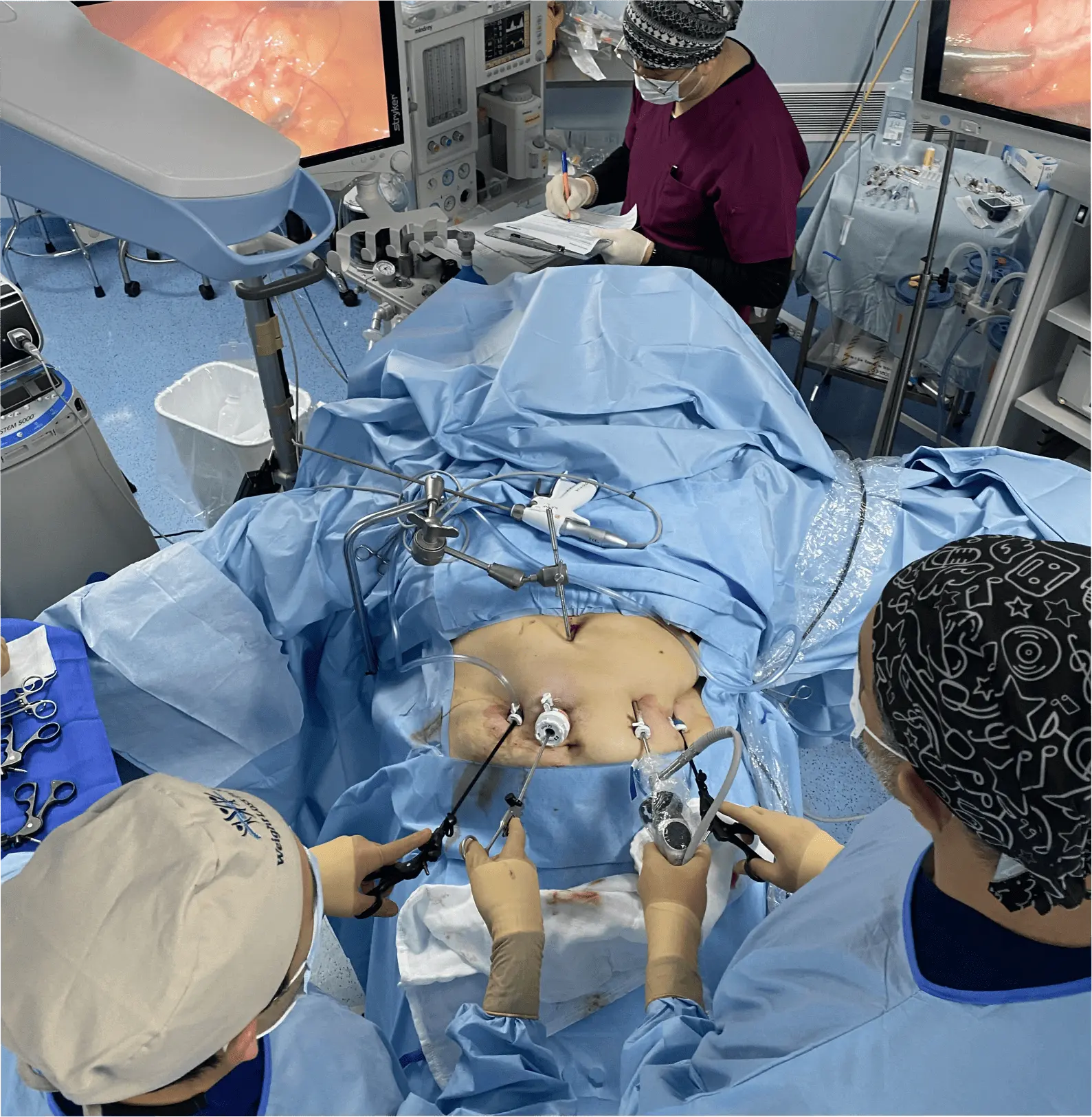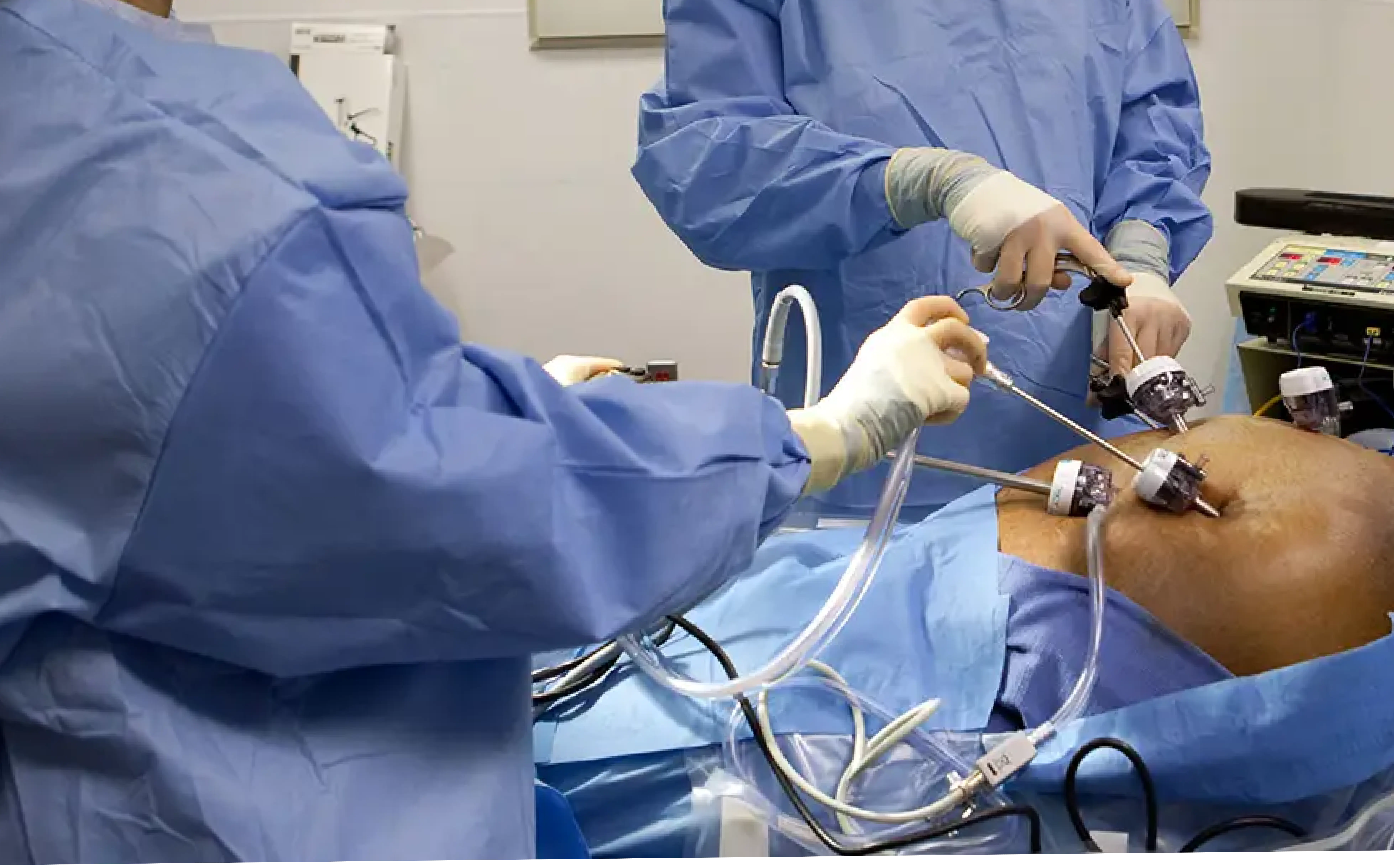01. Hospital Stay:
Depending on the type of surgery, you may spend a few days in the hospital.
02. Dietary Changes:
Gradually transition from a clear liquid diet to a pureed and soft diet as directed by the surgeon and dietitian. Over time, you’ll reintroduce solid foods in small portions. Strictly adhere to your dietary guidelines to avoid complications.
03. Physical Activity:
Incorporate light physical activity, such as short walks, as recommended by your healthcare team. Gradually increase your activity level as you recover.
04. Medications:
Take prescribed medications as directed, including vitamins and supplements to prevent nutrient deficiencies.
05. Follow-Up Appointments:
Attend all scheduled follow-up appointments with your surgeon and other specialists. These appointments are essential for monitoring your progress and addressing any concerns.
06. Emotional Support:
Continue seeking emotional support, whether through support groups, therapy, or counselling, to help you cope with the psychological aspects of weight loss and body changes.
07. Hydration:
Stay well-hydrated by sipping water throughout the day. By sipping water between meals, you can maintain proper hydration without interfering with your digestion. Avoid drinking with meals to prevent overeating and discomfort.
08. Long Term Fellow Up:
Bariatric surgery requires lifelong follow-up care. Regularly meet with your healthcare team to monitor your weight loss progress, address any complications, and adjust your diet and lifestyle as needed.




